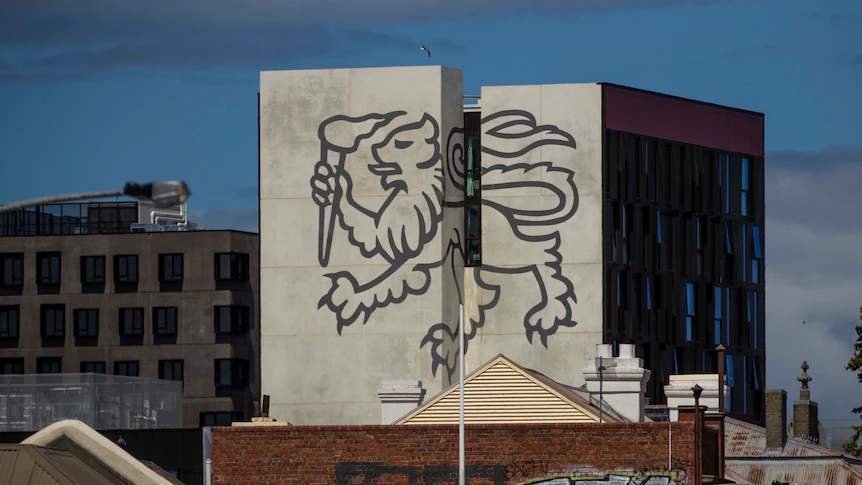By Meg Whitfield
The University of Tasmania (UTAS) has confirmed a dozen jobs will be lost as part of a restructure of its arts and humanities courses.
UTAS has said the proposed changes, flagged in May and which include the creation of a combined school of humanities and social sciences, were sparked by financial challenges and declining student enrolments across a range of arts and humanities offerings.
On Thursday, the College of Arts, Law and Education’s interim academic lead, Lisa Fletcher, said the creation of a combined school of humanities and social sciences would enable “a more coherent offering for our Bachelor of Arts students”.
Professor Fletcher said “two distinctive schools across the creative arts” would also be created as part of the restructure.
Those will be the school of creative and performing arts, the home for art and theatre, and the re-establishment of a stand-alone conservatorium of music.
Professor Fletcher said the final structure had been informed by five weeks of consultation, and that the university was “deeply committed to the viability and the strength of our disciplines across the creative arts and humanities and social sciences”.
She said there were “no courses being discontinued”, but that some “adjustments” were being made to programs within the Bachelor of Arts.
“Adjustments” include combining politics and international relations into a single major, and no longer offering German.
The university’s Indonesian offerings were initially flagged as being at risk, but will continue for at least six months.
Job losses to come with restructure
Professor Fletcher said roughly a dozen roles would be lost through the restructure, through a combination of targeted and voluntary redundancies.
The voluntary redundancy process is underway.
“We need to be committed to a viable offering across creative arts, social sciences and humanities, and in the proposal there are a range of redundancies proposed, up to 12 [full-time equivalent positions],” Professor Fletcher said.
She said the redundancies would come from academic roles.
“We will need to achieve those savings at the scale of around 12 to 13 FTE [full-time equivalent],” she said.
Staff not heard, union says
National Tertiary Education Union division secretary Ruth Barton said the job losses were devastating for staff.
“It’s a great blow to the university and I think to the Tasmanian community,” Dr Barton said.
“These are people who have spent up to 40 years at the university, 25-40 years many of them.
Dr Barton said staff feedback from the consultation period had not been reflected in the final product.
“Staff have said that they need to have these jobs retained, they need to have these disciplines retained, they need to have an organisational structure that reflects what staff want. Instead they’ve had one imposed on them.”
Student association disappointed by focus on ‘staff consultation’
Tasmanian University Student Association president Jack Oates-Pryor said student voices had not been sufficiently heard during the consultation process.
“Of course we see key university leaders valuing student feedback and responses, responding to those emails directly.
“However, that’s not structural integration and embedding of student voice into this decision-making,” he said.
“Students are fundamentally impacted by these decisions that are being made.
Professor Fletcher said the university’s consultation process had been “genuine” and directly influenced the final plan.
“And we will continue, and are committed to continuing, to work with our students and our staff to listen and to hear from them,” she said.
